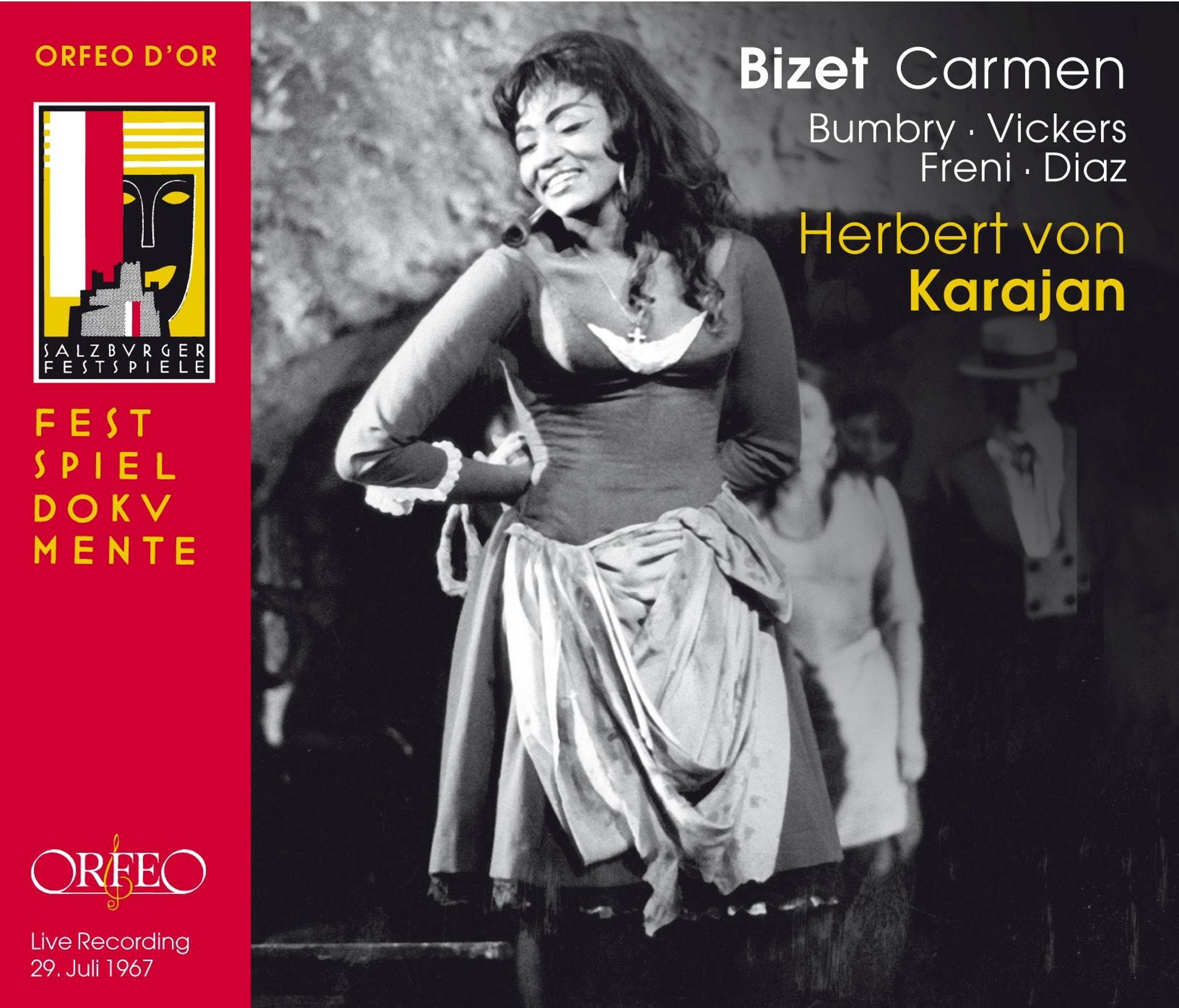
In 1964 Fritz Oeser published a so-called complete edition which removed all the recitatives. Bizet’s pupil and colleague Ernest Guiraud undertook the task with sufficient success for this version to be adopted by most of the large non-French opera houses for the next eighty years. It was first performed as an opera comique with dialogue, but for the Viennese premiere it was thought beneficial to have some of the dialogue set as recitative. The score has, over the years, been subjected to a number of revisions, which have taken the opera further away from Bizet’s original intentions.

Carmen’s blatant sexuality, her readiness to discard men like picked flowers, and the rowdy women of the chorus who both fight and smoke onstage, were strong fare for the Opera-Comique’s traditionally family atmosphere. This hot-blooded tale of erotic obsession shocked its first-night audiences with its low-life theme and violent conclusion.


His opera Carmen wholeheartedly embraces this credo. Bizet once wrote in a letter: ‘I tell you that if you were to suppress adultery, fanaticism, crime, evil and the supernatural, there would no longer be the means for writing one note’.


 0 kommentar(er)
0 kommentar(er)
